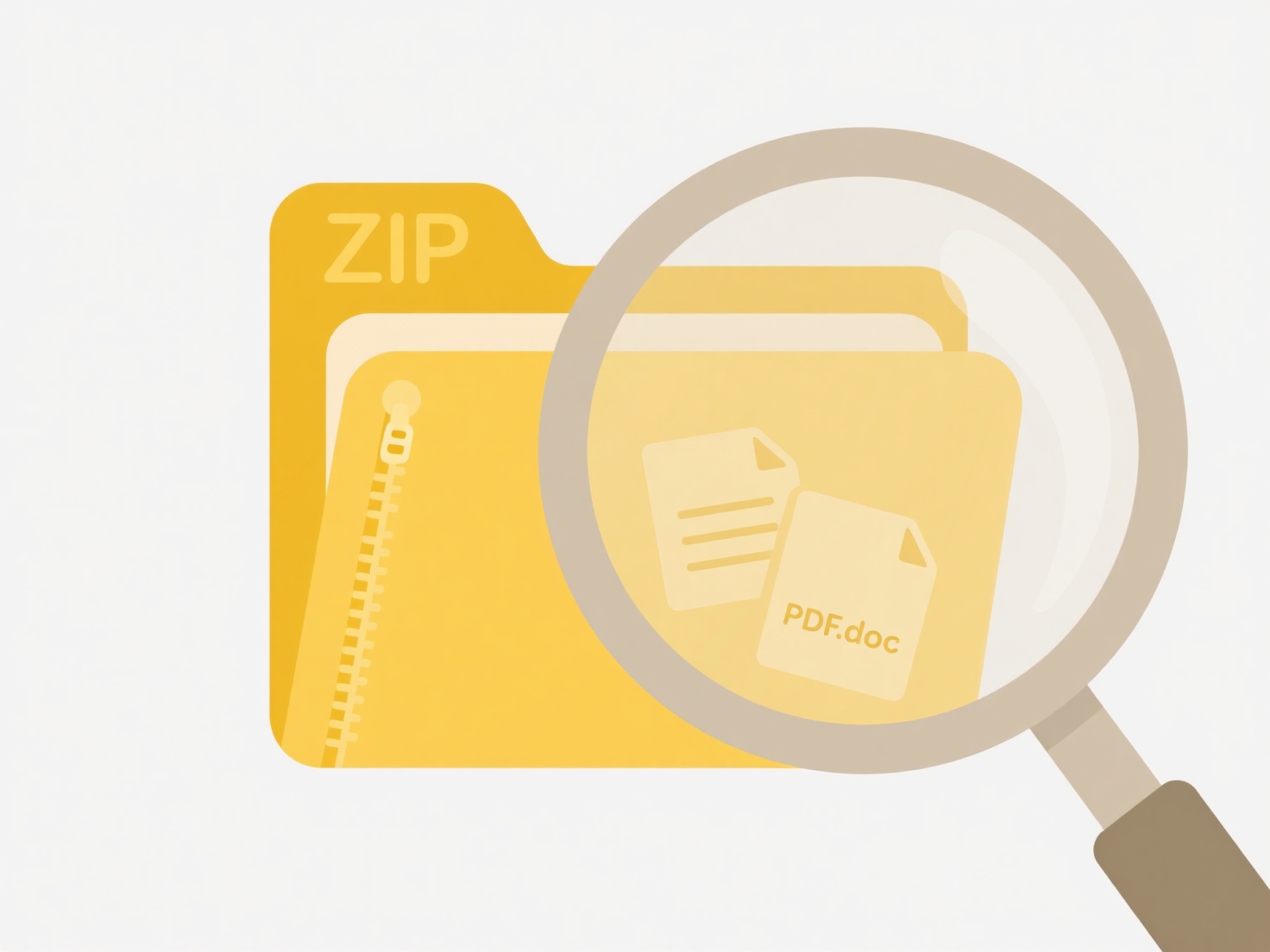
Local file edit history differs significantly from cloud-based tools like Google Docs. Unlike Docs, which automatically logs every change in real-time, standard local files (text, images, spreadsheets) on your computer do not inherently keep such history. However, specific applications or manual processes can track changes. Document editors like Microsoft Word offer explicit 'Track Changes' features. Alternatively, dedicated version control systems can be used to manage file versions.
For example, Microsoft Word's 'Track Changes' allows collaborators to see edits, additions, and deletions within the document itself, often used for legal document revisions or academic peer review. Software developers and technical writers heavily rely on version control systems like Git. Git meticulously records the history of code files and text documents stored locally in a repository, allowing users to see exactly who changed what and revert to earlier states.

While these local methods offer robust history tracking, they require proactive activation. Unlike Google Docs' automatic background versioning, you must intentionally turn on 'Track Changes' or commit changes to Git. This provides greater control and privacy but demands user discipline. Local solutions excel offline but lack the effortless, always-on audit trail of cloud tools, potentially risking unintended data overwrites without manual backups or system setup.
Can I see edit history on local files like I can in Google Docs?
Local file edit history differs significantly from cloud-based tools like Google Docs. Unlike Docs, which automatically logs every change in real-time, standard local files (text, images, spreadsheets) on your computer do not inherently keep such history. However, specific applications or manual processes can track changes. Document editors like Microsoft Word offer explicit 'Track Changes' features. Alternatively, dedicated version control systems can be used to manage file versions.
For example, Microsoft Word's 'Track Changes' allows collaborators to see edits, additions, and deletions within the document itself, often used for legal document revisions or academic peer review. Software developers and technical writers heavily rely on version control systems like Git. Git meticulously records the history of code files and text documents stored locally in a repository, allowing users to see exactly who changed what and revert to earlier states.

While these local methods offer robust history tracking, they require proactive activation. Unlike Google Docs' automatic background versioning, you must intentionally turn on 'Track Changes' or commit changes to Git. This provides greater control and privacy but demands user discipline. Local solutions excel offline but lack the effortless, always-on audit trail of cloud tools, potentially risking unintended data overwrites without manual backups or system setup.
Quick Article Links
Can I restrict access to files stored on USB drives?
Restricting file access on USB drives means controlling who can view, copy, modify, or delete files stored on these port...
Can I share files with a QR code?
Sharing files via a QR code is possible, but indirectly. A QR code itself stores a small amount of text data, not large ...
Can I rename files for better SEO?
Renaming files for better SEO involves changing filenames to be more descriptive and keyword-rich, making them easily un...